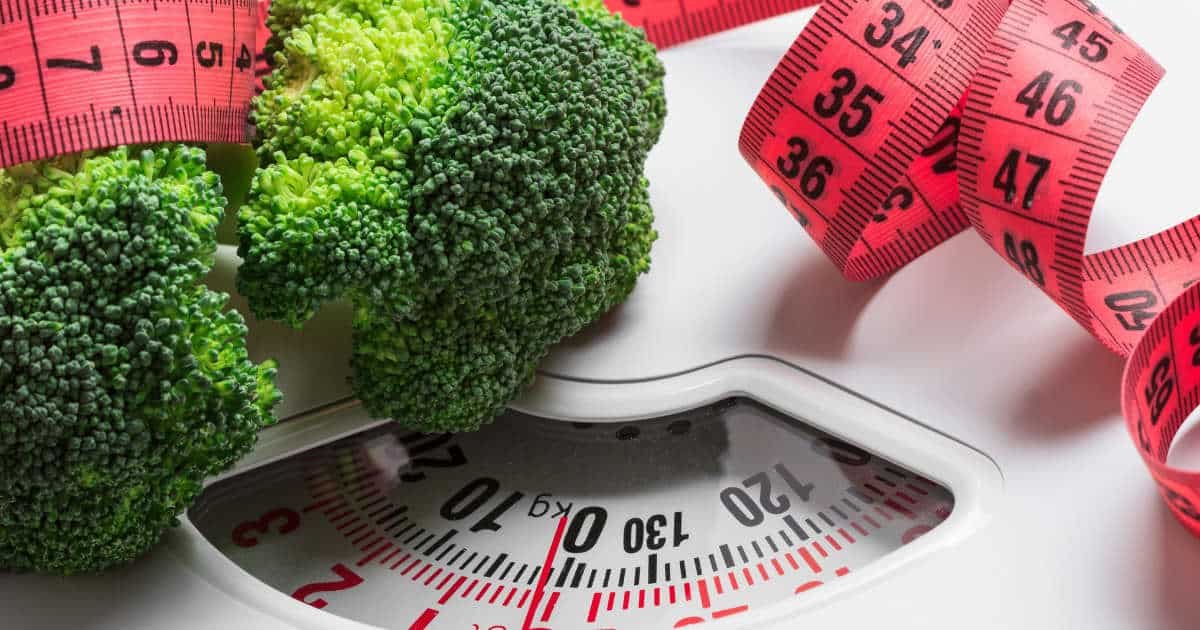Obesity
Perhaps obesity is better described as a symptom rather than a disease.
That is because obesity is associated with heart disease and diabetes.
The reason we’ve included obesity as a disease is because it’s a health issue that has reached epidemic heights.

It is difficult to digest the following World Health Organization facts: As of 2014, more than 1,9 billion adults over the age of 18 are overweight, of which 600 million are obese.
That is a doubling of the obesity rates compared to 1980.
Almost 4 out of 10 adults are overweight, and 13% are obese.
Perhaps the most shocking is the fact that 41 million children under the age of 5 are either overweight or obese.
Last on the list of key facts, according to the WHO, are three encouraging and powerful words: ”Obesity is preventable.”
The nutrition transition towards refined foods, foods of animal origin, and increased fats plays a major role in the current global epidemics of obesity, diabetes and cardiovascular diseases.
— World Health Organization
The Role of Diet in Obesity
In 2002, another World Health Organization report stated an estimated that by 2020, chronic disease will account for two-thirds of all diseases globally, and goes on to mention that most chronic diseases are related to diet.
Unfortunately, we, as a human species, have not responded to the message. Obesity rates have nearly doubled since 2002.
Many studies, including The China Study, provide profound insight into lifestyle choices and obesity, even taking into account non-dietary factors such as exercise.
The dietary role in obesity was also recognized by Dr McDougall during his medical internship in Honolulu.
He found that among Chinese, Japanese, Korean, and Filipino immigrants, the elderly were slim, healthy, and active, while the younger generations had a lot of health problems.
Observing lifestyle patterns, he noted that the older people were eating a diet based on rice and vegetables. In contrast, the younger generations were eating a diet based on meat, dairy and processed foods.
Following Dr McDougall’s starch-based low fat diet leads to an average weight loss of 3 pounds (1,4 kg) after just 7 days. This is based on results gathered over a 12 years and 1615 participants. This is one of the clearest studies showing that weight loss on a plant-based diet is achievable.

The fat you eat is the fat you wear.
— Dr McDougall
No Oil!
— Dr Esselstyn
Dietary Fat and Body Fat
The problem is that our body stores dietary fat effortlessly as body fat. Fat intake through high-fat animal foods and refined plant foods (especially all types of oils including olive oil) can lead to the buildup of body fat.
Dr Esselstyn and Dr McDougall, in their dietary recommendations, make specific note of eliminating oils.
Besides, Dr McDougall recommends those who want to speed up their weight loss to avoid avocados, nuts, and seeds. Even though they are whole-food, plant-based, they are high in fat.
Losing Weight By Eating More Food
We often think that losing weight can only be achieved by going on a diet. One problem with going ‘on’ a diet is that at some point, you’ll also go ‘off’ the diet.
Diets usually imply a restriction of food that you can only do for a short period. Most diets are, therefore, not durable, let alone the discussion of whether or not a specific diet is healthy.
There is one ‘diet’ that is durable (and healthy) because it allows you to eat as much as you want while losing weight and giving your body all the nutrients it needs. It is indeed the whole food plant-based diet.
There is plenty of modern and older research to back this up, including Dr McDougall’s 10-day program and several population studies.
One study to briefly mention involved obese people being put on a traditional Hawaiian diet of whole plant foods and losing 8 kilos in just 21 days, as can be seen in the following video by Dr Greger’s NutritionFacts.org.
So: Eat more and lose excessive weight.
Book Your Coaching Session
We offer plant-based coaching sessions for those who want to transition to a Whole Food Plant Based lifestyle, or to those who have already started but are facing challenges. The coaching sessions are aimed at offering motivational and practical advice such as cooking, shopping, family challenges, going out for dinner, overcoming psychological challenges, changing habits, and more. Note: No medical advice is given in the consults.

GET STARTED!
When you transition to a Whole Food Plant Based lifestyle, all sorts of challenges appear on the path. If you are really serious about this, you may need to give up some of your favorite foods and flavors and try to replace them for new ones. You may feel limited at first, but you’ll be surprised by the variety of new foods and flavors. To help you get started, we’ve put together a list of 5 simple food tips.
